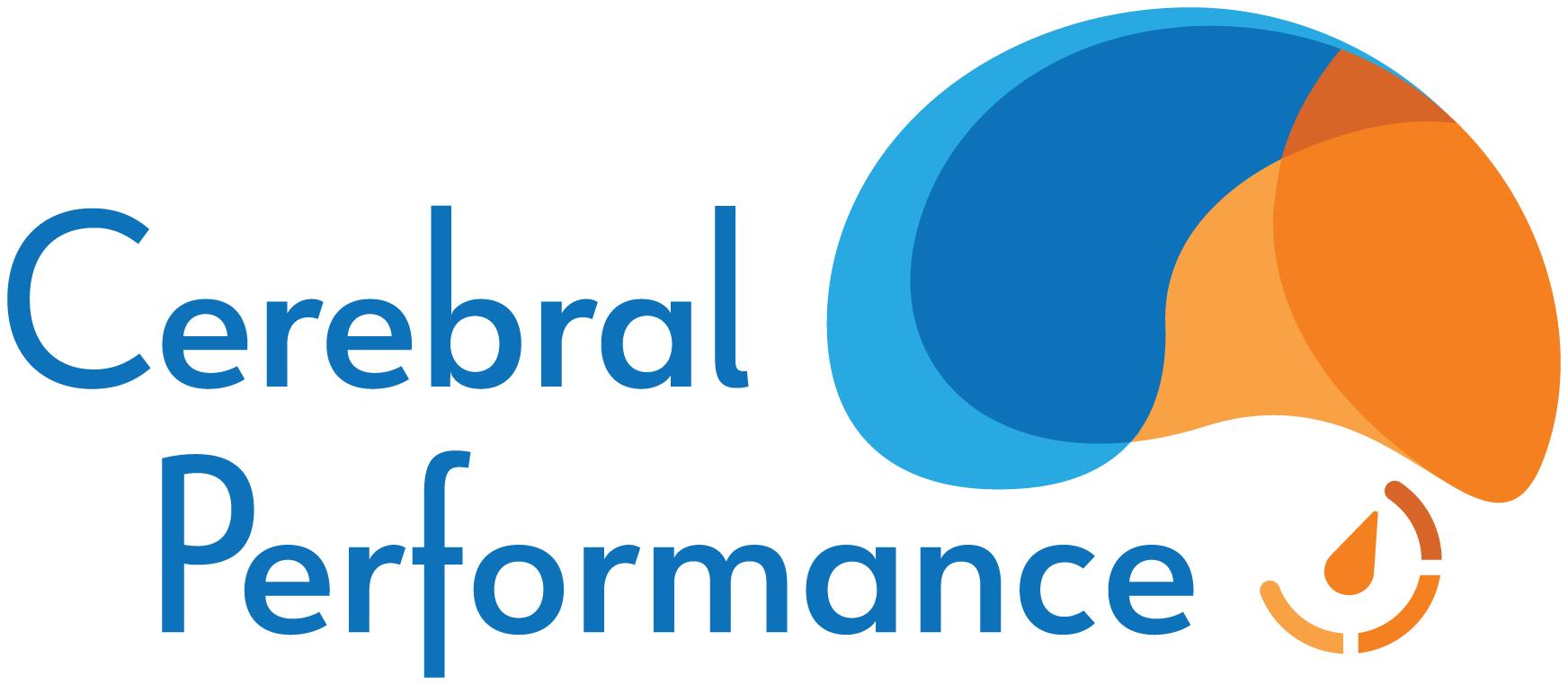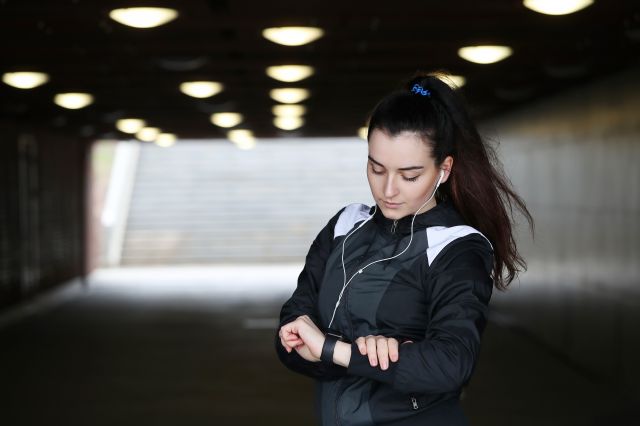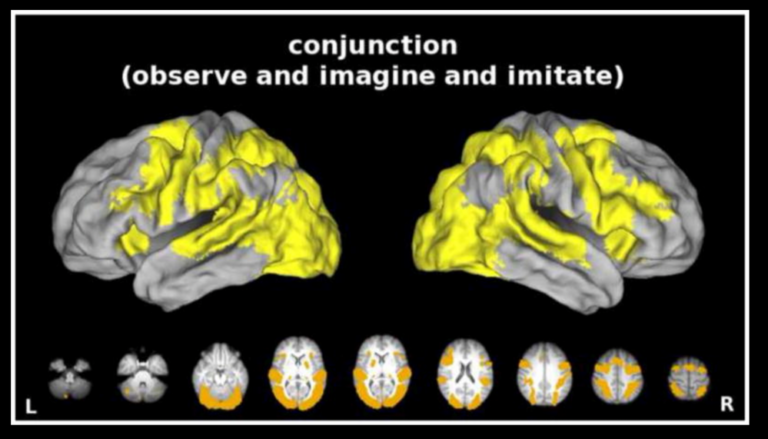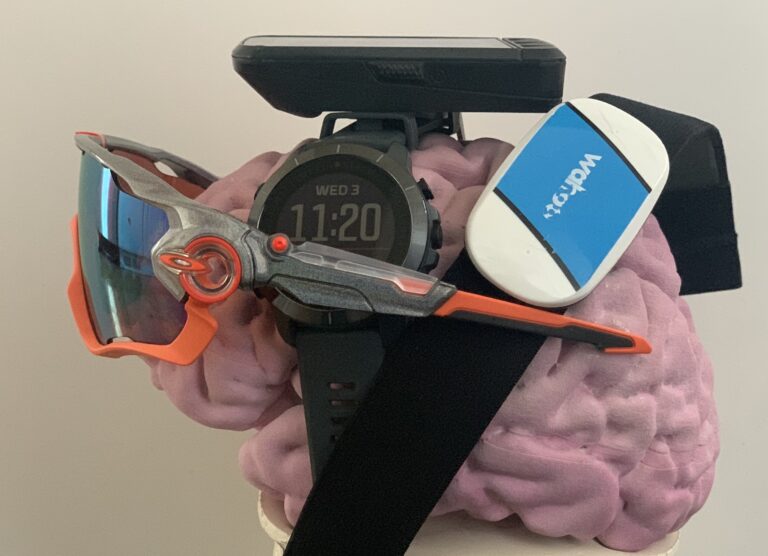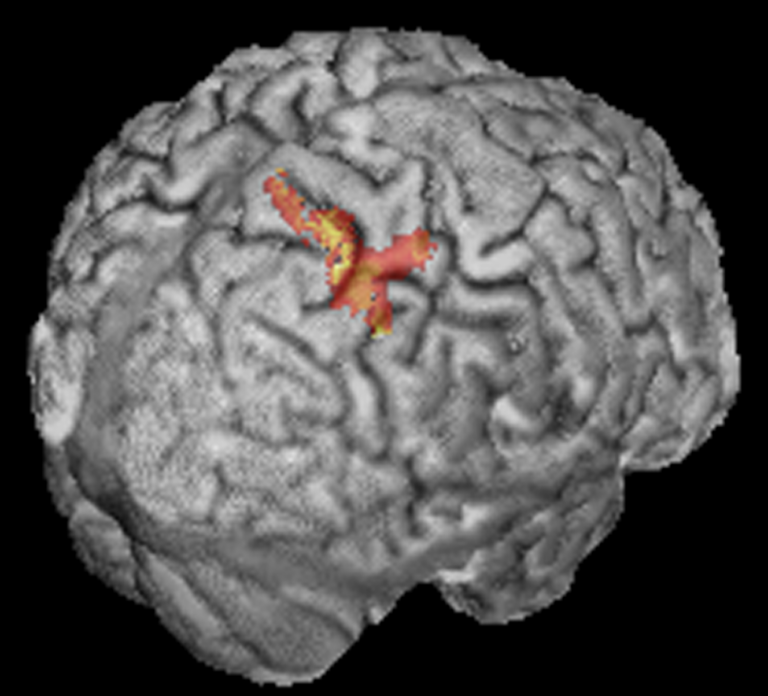Are Wearable Health Trackers Helping or Hindering Your Performance?
The proliferation of wearables that provide feedback to users on their levels of recovery and readiness is fascinating to this brain scientist, and the reason has nothing to do with what they are actually measuring.
The really interesting thing here relates to the fact that what we believe to be the case, regardless of whether or not it is actually true, can sway our physiology and behavior in non-trivial ways.
Far from some New Age drivel, this power of mind over matter is why studies of drug efficacy must contain a placebo condition to control for the often dramatic effects of expectancy. You might be surprised to learn that even for drugs that make it into your medicine cabinet, the magnitude of the placebo response frequently dwarfs the physiological effects of the active pharmacological ingredient!
So, if your wearable device tells you that today is a great day to get out there and go, then it very well may become so. Terrific! But what about when that score tells you otherwise?
The placebo effect has a nasty twin, the “nocebo” effect. Come to the lab, for instance, and put your head in our “pain machine” and odds are high that you will develop a terrible headache when the experimenter flips the switch. This is true even though the device is really just a “sciency” looking box decorated with disconnected wires, dials and lights. And yes, physiological markers of stress will also shoot upward, including heart rate, blood pressure and cortisol levels. Demonstrations like this are abundant in the scientific literature, and nocebo effects likely account for many of the side effects that we experience with medications (an interesting topic for another day). There is an abundance of similar findings within the peer-reviewed science literature.
Anyway…, what happens when you walk into that important meeting, or roll up to the start line of your key race when your device indicates that you should avoid sharp objects and go back to bed?
I am not arguing that you should leave these things in the drawer, although there may be times when that makes sense. What I am saying is that users and coaches should be aware of the potent effects of expectancy and belief and use that knowledge to inform how and when they consume data.
